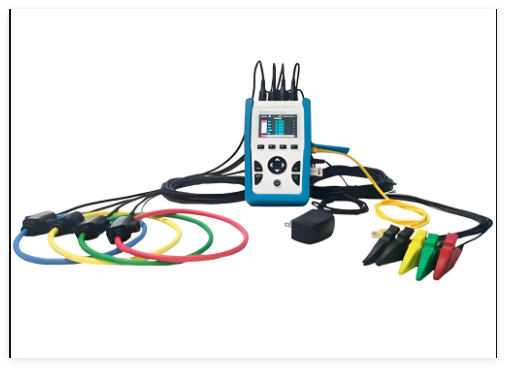Smart Home Adventure: How Aqara is Carving Out Its Place in the High-Tech Home?
The Evolution of Aqara Smart Home
Aqara is a significant brand in the smart home sector, backed by its parent company, Lumi United Technology, which was founded in 2009. Aqara officially launched in 2016 with the aim of providing intelligent home solutions that enhance convenience and comfort in everyday life. Aqara’s growth has mirrored the rapid expansion of the smart home industry, and its product range now includes smart sensors, switches, lighting, cameras, and more, gradually becoming an integral part of the smart home ecosystem.
Current Status: The Diversity and Ecosystem of Aqara Smart Home
Today, Aqara has established a relatively mature product ecosystem in the market. Its products are compatible with multiple smart platforms, including Apple HomeKit, Google Assistant, and Amazon Alexa, catering to a wide range of user needs. For instance, the Aqara Smart Hub serves as the core of many products, connecting various sensors and devices to enable comprehensive smart home management. Besides the smart hub, Aqara has also launched smart door locks, smart plugs, smart bulbs, and other devices, all known for their reliability and ease of use.
Among these, the Aqara Smart Door Lock N100 and the G2H Pro Smart Camera are flagship products of the brand. The N100 smart door lock supports multiple unlocking methods and integrates fingerprint recognition and anti-pry alarm features. The G2H Pro camera combines a wide-angle lens with night vision to safeguard home security. These products are popular among consumers for their high cost-effectiveness and robust compatibility.
Competitors: Who’s Challenging Aqara’s Position in the Smart Home Market?
In the smart home sector, Aqara faces competition primarily from domestic brands like Xiaomi, Hikvision, and Huawei, as well as international brands such as Samsung, Philips Hue, and Google Nest. Xiaomi is Aqara’s most direct competitor, thanks to its extensive product line and ecosystem. Xiaomi’s smart home products are often more budget-friendly and highly integrated with other Xiaomi devices, making them highly appealing in the mid-to-low-end market.
Moreover, Hikvision has a strong market share in the security camera segment, while Huawei leverages its robust technical resources and ecosystem to establish a presence in the high-end market. International brands like Samsung and Google Nest rely on their global brand influence and advanced technology to continually drive innovation in the smart home industry.
Future Outlook: The Next Steps for Aqara Smart Home
Looking ahead, Aqara is likely to further expand its product line, especially in the AIoT (Artificial Intelligence of Things) space. For example, by integrating more intelligent algorithms, Aqara’s products could automatically adjust device settings based on different scenarios, enhancing user experience. Additionally, with the widespread adoption of 5G technology, the response speed and interconnectivity of smart home devices will significantly improve, presenting more opportunities for Aqara to innovate.
Aqara may also strengthen its collaboration with other smart platforms to build a more open ecosystem, breaking down the barriers between different smart home devices. Ultimately, Aqara’s goal is to offer users an efficient, secure, and convenient smart home experience with minimal intervention required in their daily lives.




Post Comment